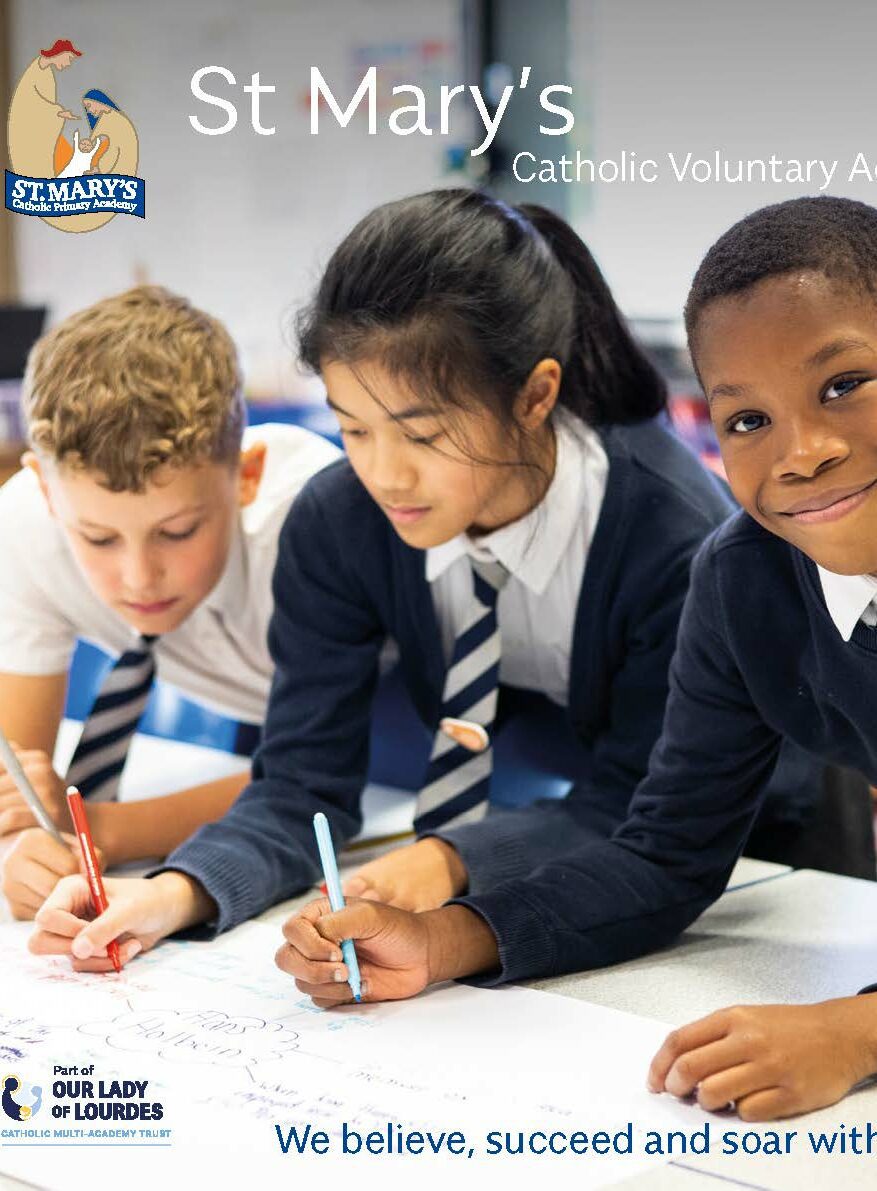Being a Geographer is….
- appreciating the world including its people, places, landscapes, natural processes and our place in it.
- having knowledge of where places are and what they are like.
- being able to explore our physical and human world. Seeking to understand where things are found, why they are there and how they develop over time.






